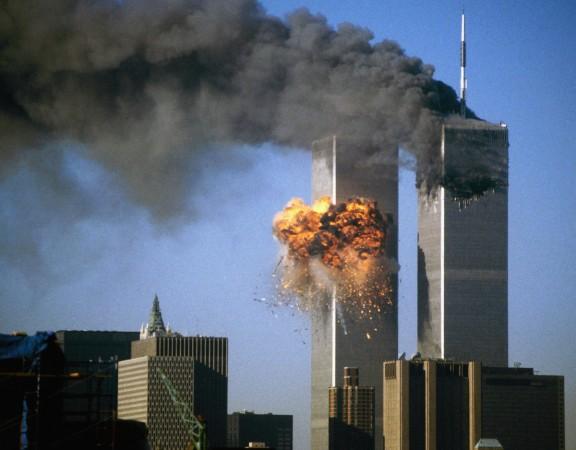
The House of Representatives of the United States on Friday, Sept. 9, passed by voice vote a bill that would allow U.S. citizens to sue Saudi Arabia for the terror attacks on American soil on Sept. 11, 2001 that shook the whole world.
With the Senate having passed the bill in May, the bill has now cleared the hurdle that was the U.S. Congress, and the only person standing in its way is President Barack Obama, who is opposed to it because he believes if Saudi Arabia is sued, it may open the floodgates to American citizens being counter-sued by Saudi Arabia.
The Sept. 11, 2001 attacks, better known as just "9/11", had seen two American aeroplanes, hijacked by radicalised Muslim youths belonging to al-Qaeda, crashing into the two towers of the World Trade Centre in New York. The crashing and the subsequent destruction of the towers led to nearly 3,000 deaths right there.
Two other attacks were also carried out that day. One was on the Pentagon building in the U.S. state of Virginia, into which another hijacked passenger plane crashed. It led to more than 120 deaths. The fourth attack was not completed, as the hijacked passenger plane crashed in Pennsylvania as passengers and hijackers fought for control.
Saudi Arabia has been blamed for various components of the attack. For starters, the country was used by the 9/11 attack mastermind and al-Qaeda leader Osama bin Laden for years. In fact, he had issued a fatwa in 1996 against American soldiers in Saudi Arabia. Secondly, several of the attackers reportedly obtained fake Saudi passports, which they used to board the planes without raising suspicion and carried out the attacks.
Matters were worsened by many Saudis privately supporting Laden and his cause. It did not help that 15 of the 19 attackers were from Saudi Arabia. A Congressional enquiry would later hint at the involvement of government officials from Saudi Arabia in the attacks. Although Saudi Arabia was never formally implicated for the attacks, a plotter had confessed last year that a Saudi prince had financed the attacks. Riyadh has nixed any such claim.
Now, with the bill being passed by the U.S. Congress, only Obama's nod is needed to turn it into a law. However, he may veto the bill, for fears that Saudi Arabia -- currently a key ally of the United States -- could retaliate with lawsuits of its own. It could be particularly detrimental to U.S. citizens living in Saudi Arabia, which has strict laws on a bunch of topics, but does not always enforce them.
However, as the 15th anniversary of the attacks is just around the corner, Republican lawmakers in the U.S. will look to overrule Obama's veto with the right number of votes in favour of the bill. A victory in this regard would be just the right kind of populist foundation for its presidential candidate Donald Trump to seek votes, although Democratic candidate Hillary Clinton, who was once secretary of state for Obama himself, also supports the bill.














